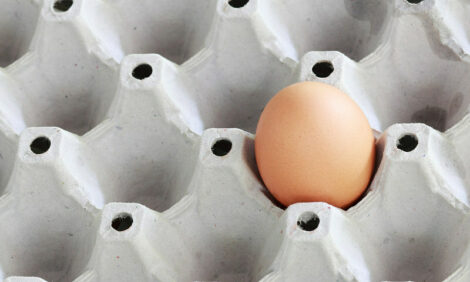



Editorial: Why 'cloneburgers' are a bad way to go
US - If beef is what's for dinner at your house, you undoubtedly know the U.S. Food and Drug Administration is preparing to approve the sale of cloned meat and milk to U.S. consumers.But a related and potentially more significant announcement probably escaped your notice: Researchers for a United Nations agency reported last month that livestock breeds around the world are disappearing at alarming rates, with as many as one-fifth of cattle, hog, goat, horse and poultry varieties facing extinction. Some 190 breeds have vanished in the last 15 years, and perhaps another 1,500 are already thought to be at risk.
These extinctions are driven by agricultural practices that perpetuate the most profitable breeds and neglect the rest. The results are a shrinking gene pool and, potentially, threats to global food security. The connection to cloning is that this high-tech practice is likely to make matters worse, not better.
Those issues don't really concern the FDA, whose OK for cloned animal products will be based on their safety for human health, a conclusion based in turn on tests showing that meat and milk from clones are identical to those from animals born naturally. But they ought to concern Congress -- and they ought to prompt consumers to think more broadly about how their food is produced.
Source: Star Tribune









